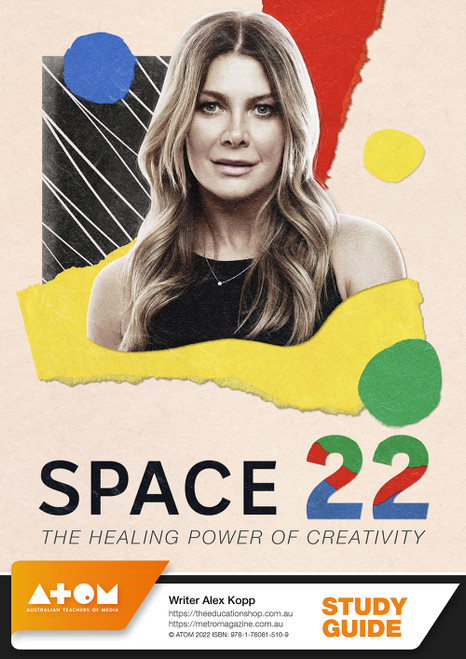Product Overview
There is one planet that we currently know of that supports life: Earth. Life is found all over the surface of Earth in all conditions, even in the most inhospitable places. Most life on Earth requires access to water, oxygen and a source of energy. In this program, astrobiologists explore the globe's extremes for signs of life and study how lifeforms adapt to different conditions, from the volcanic lava flows of Hawaii to caves, the driest deserts and the ocean depths. Even in the harshest of conditions, there are organisms that can survive. When there is water, oxygen and energy available, there will almost certainly be life. What of other parts of our solar system, our galaxy and the universe? What conditions are necessary for life to exist? How can we find out? This program presents the current state of scientific explorations by astrobiologists exploring the nature of life and conditions that can support what we know of as life. The study of a number of extremophiles on Earth has extended what we think might be the 'habitable zone'.
The history of space probe discoveries shows that we still have a lot to learn about our near neighbours in the solar system – and beyond, in the far reaches of our galaxy and others.
Humans have a desire to explore their world and ask questions about possibilities, including the possibility of other life 'out there'. In this documentary, many questions are raised about how we may discover exo-life on one or more of the many planets now identified outside our solar system. The viewer is left in no doubt that the scientists believe the chances are improving that we might find other life in both the solar system and beyond; if it's there, then it is just a matter of time as refinements continue to be made in technologies used in the search.
Curriculum links
This program and accompanying study guide can be used with students in Years 3–10 in studies of Critical and Creative Thinking, Ethics, English and Science (Science as a Human Endeavour, Biology, Chemistry, Physics and Space Science).







